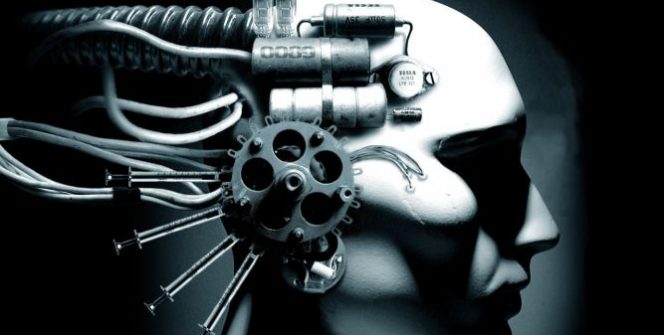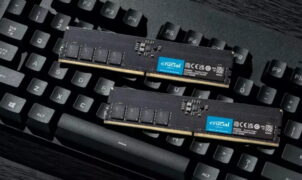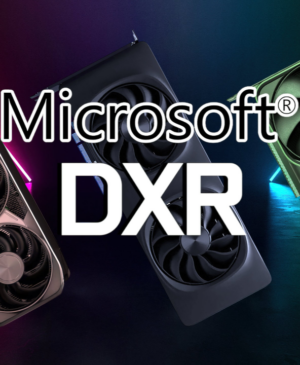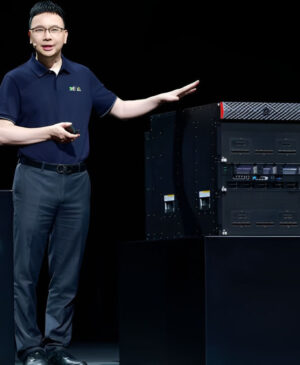TECH NEWS – A new kind of solution might be forming to fight drug addiction.
The 33-year-old Gerod Buckhalter has struggled with substance abuse for more than a decade with many relapses and overdoses. He’s had his implant surgery (for „a pacemaker for his brain”) on November 1 in the West Virginia University Medicine Hospital. Ali Rezai, the lead doctor, says that it is not a consumer technology, and it isn’t to „augment humans.”
The procedure starts with a series of brain scans. Surgery follows with doctors making a small hole in the skull to insert a tiny 1mm electrode in the specific area of the brain that regulates impulses such as addiction and self-control. Then, a battery is inserted under the collarbone, and brain activity will then be remotely monitored by the team of physicians, psychologists and addiction experts to see if the cravings recede. The deep brain stimulation (DBS) has been approved by the US Food and Drug Administration for treating a range of conditions including Parkinson’s disease, epilepsy and obsessive-compulsive disorder, and about 180,000 people around the world have brain implants. However, this is the first time DBS has been approved for drug addiction and it has been a complex trial, involving many teams, including ethicists, psychologists and many regulators, and it will be closely monitored for the next two years.
„Addiction is complex, there is a range of social dynamics at play and genetic elements and some individuals will have a lack of access to treatments so their brains will slowly change and they will have more cravings. This treatment is for those who have failed every other treatment, whether that is medicine, behavioural therapy, social interventions. It is a very rigorous trial with oversight from ethicists and regulators and many other governing bodies. Over half of patients relapse. We need to find solutions because it is a life-threatening situation and something which impacts family and loved ones,” Dr Rezai told the BBC.
Overdoses are the main cause of death for under-50s in the United States, and West Virginia has the highest age-adjusted rate of drug overdose deaths involving opioids in the US. In 2017, there were 49.6 such deaths per 100,000 people, according to the National Institute on Drug Abuse.
„I think it is very good for science and we need more science to advance the field and learn more about the brain. This is not for augmenting humans and that is very important. This is not a consumer technology. When it comes to applications, it needs to be heavily regulated. This is not like getting a flu shot or a tattoo. Surgery has inherent risks and is not trivial. It is only for those with chronic disease who have failed all other treatments and are without hope,” Rezai added.
Let’s hope Buckhalter and the three other volunteers will succeed.
Source: BBC
Please support our page theGeek.games on Patreon, so we can continue to write you the latest gaming, movie and tech news and reviews as an independent magazine.
Become a Patron!
















Leave a Reply